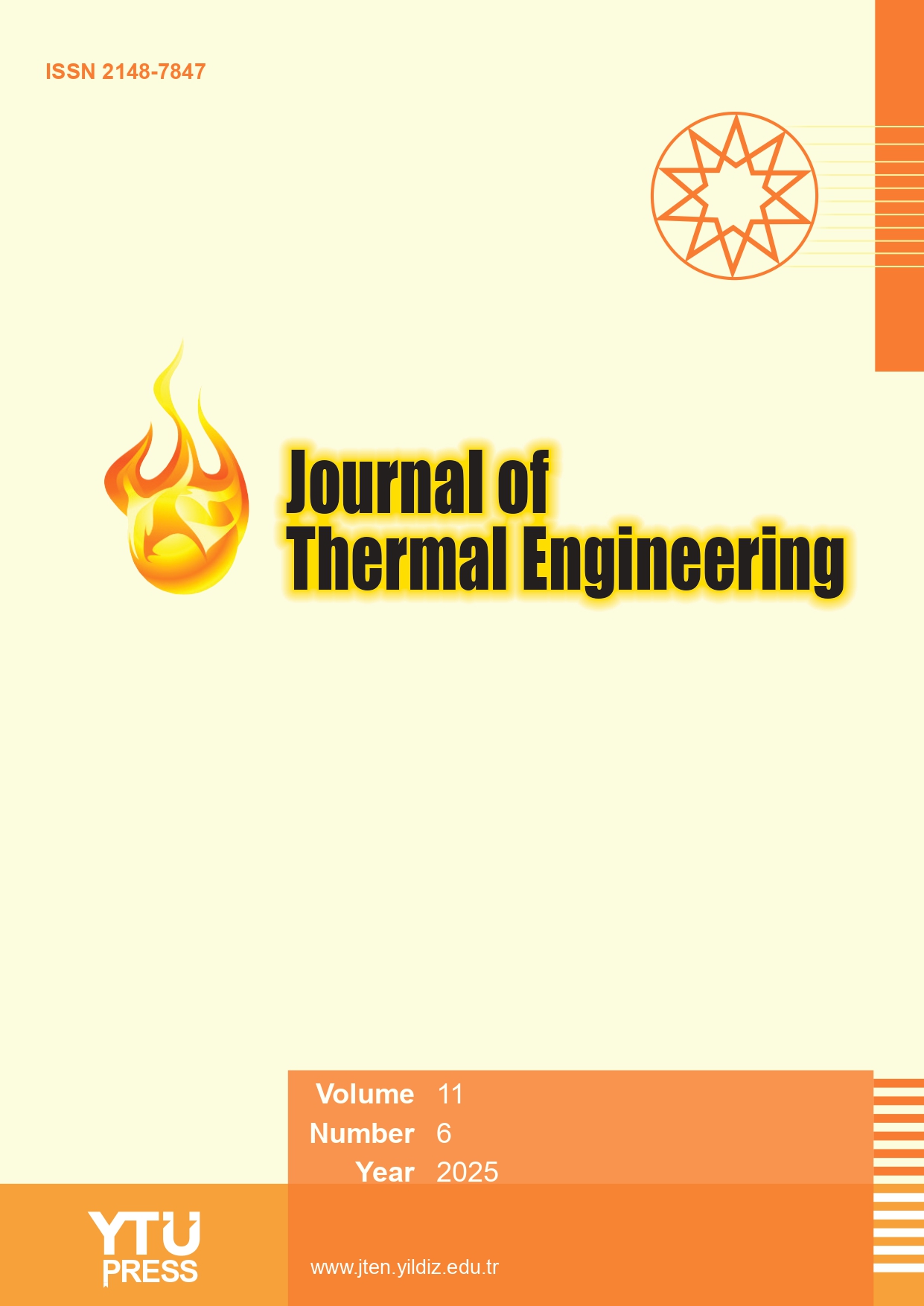Abstract
Hybrid Renewable Energy Systems (HRES) utilise local renewable resource to supply a local demand load. Traditional size optimisation methods of standalone HRES aim at finding solutions with highest reliability in power supply and producing energy at lowest levelised cost of energy (LCE). In these methods, irrespective of the actual user requirements, the highest reliability of a system is normally defined as zero unmet load. To achieve this aim, adopting a deterministic approach, concepts such as margin of safety and autonomy period are used to size storage and backup components, assuring designing reliable systems. The present study investigates the effect of actual user requirements on the design solutions. In this paper, four different sets of user requirements are considered and for each case, a standalone hybrid wind-PV-battery diesel-fuel cell system is designed with minimum LCE while meeting the user requirements. Comparing the results with those obtained by using traditional methods show how using the proposed method can lead to more cost effective solutions.


















